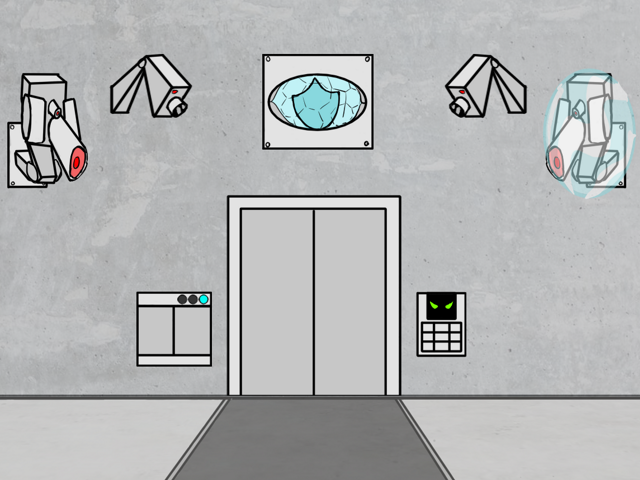Carleton University - School of Computer Science Honours Project
Winter 2020
Problems with the Perception of Probability and the Concept of Fairness

ABSTRACT
The probability-based game genre has an incredibly long history. One that has long pre-dated
modern computing. For example; Playing Cards. You have a 7% chance of drawing a Queen of any face
from a full deck. The base fact that the game is probability based is shared in modern video games. Like
many traditional games, video games contain a mechanic to make things a bit fairer. In a game of Poker
or Old Maid, you can watch your opponent’s facial expressions. While video games offer the use
strategy or stat modifiers to shift the odds. This project considers the many reasons people play games,
the amount of time a player would invest into a game, and how probability-based games and rogue like
games can wipe out that time investment in an instant. Through research and understanding, we
investigate ways that games can fool players into a false sense of fairness, or unfairness all by altering
the underlaying probability without the players knowledge. With such large amounts of time spent on
gaming, and the varying options, it becomes more necessary to implement these fairness systems to
keep the player base happy. Whether that is to help the player succeed while maintaining a sense of
individual achievement, like modern X-COM games or to keep a player invested in a time and money
wasting mobile game.